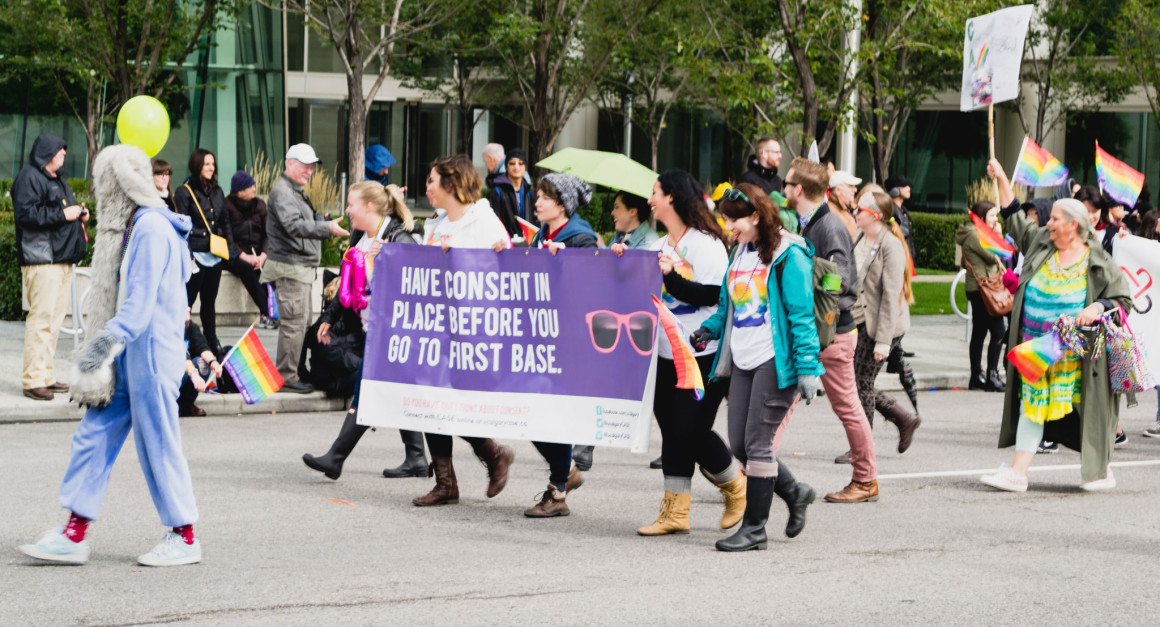
Sexual assault survivors deserve safe environments
By Tahiya Jubaydah, September 17, 2015 —
Sexual assault can seem like a distant, far away problem, something that happens to people we will never meet. Reports of sexual assault play out like horror stories on the evening news, shocking narratives of serial rapists attacking pretty young girls in the middle of the night.
But it’s this very attitude of disbelief and ignorance towards sexual violence that creates an environment where rape victims are vulnerable to feelings of alienation, humiliation and guilt, including the fear of societal punishment if they do choose to come forward.
It’s optimistic to think that sexual assault could never play a part in your life, but statistics show otherwise. Sexual assault is both common and normalized — a campus survey done at the University of Alberta shows that one in five women will experience sexual assault at some point in their life. Of these women, less than one in ten will report their attack to the police.
Sexual assault victims in university know their attacker 80 per cent of the time, according to data from Metropolitan Action Committee. Of that figure, half of these sexual
assaults take place on dates.
Sound unbelievable? That’s the problem. Although most rape victims don’t report the crime, those who do often face disbelief from their chosen confidantes. This isolates these women and makes the recovery process even harder. And if the confidante believes the victim, only 15 per cent of all Albertans said they knew what to say to someone if they told them they had been sexually assaulted.
That statistic comes from the #IBelieveYou campaign, an initiative started by the Albertan government to promote public awareness of the difficulties faced by rape victims. The objective of the campaign is to create an environment where sexual assault survivors can feel comfortable enough to confess the abuse they suffered without fear of condemnation by their peers, the media or law enforcement.
Although this is a good stepping stone on the path to ending rape culture, it isn’t enough. We also need our universities to act. Maclean’s magazine notes that universities in Canada are not required to keep track of the number of reported sexual assaults, so they stray away from the entire conversation for fear of bad publicity. This means statistics of sexual assault on university campuses may be skewed for their own benefit. Our universities need to be more forthcoming with sexual assault statistics. From there, we can take the initiative to create safe environments and stop sexual assaults.
But it’s still our individual responsibility to work towards making environments that are open and comforting for rape victims. There are benefits to others when women come forward about their experiences with sexual assault. But they can’t be expected to do so unless we change the way we treat survivors of these crimes.
Believe in a victim if they seek your help. Believe that with concerted effort, our universities will become a safer place. And believe in your own ability to help put an end to a culture of sexual violence.
